Palestinians may seek UN Assembly support over Jerusalem al-Quds resolution: Envoy
The Palestinian ambassador to the United Nations says the Palestinian leadership may turn to the UN General Assembly in case Washington vetoes a draft resolution on the status of Jerusalem al-Quds.
“If the resolution is vetoed, the Palestinian delegation can send a letter to the UN Secretary General and ask him to resume the emergency session,” Riyad Mansour told Saudi Arabia’s English-language daily newspaper Arab News in remarks published on Monday.
He added that Palestinian and Egyptian diplomats have worked closely with Security Council members while drafting the resolution to ensure that it gets overwhelming support.
Manour stated that Palestinian leaders are confident of overwhelming support from 14 of the council’s 15 members.
“The Europeans in particular asked us to avoid terms like ‘denounce’ and ‘condemn,’ and not to mention the US by name,” he pointed out.
Mansour noted, “We acceded to their request but kept the active clauses rejecting all changes to Jerusalem al-Quds and the reaffirmation of previous decisions.”
The draft UN resolution “affirms that any decisions and actions which purport to have altered the character, status or demographic composition of the Holy City of Jerusalem al-Quds have no legal effect, are null and void and must be rescinded in compliance with relevant resolutions of the Security Council.”
It follows US President Donald Trump's recognition of Jerusalem al-Quds as Israel's capital.
Meanwhile, Israel’s permanent representative to the UN, Danny Danon, has condemned the Egyptian-drafted resolution.
“No vote or debate will change the clear reality that Jerusalem always has been and always will be the capital of Israel. Together with our allies, we will continue to fight, once again, for historical truth,” he said.

Turkish President Recep Tayyip Erdogan on Sunday reiterated his country’s support for Palestine in the wake of Trump’s controversial decision to recognize the whole Jerusalem al-Quds as the "capital" of Israel, stating that Ankara plans to open an embassy in East Jerusalem al-Quds.
“God willing, the day is close when officially, with God's permission, we will open our embassy there,” Erdogan said.
Turkish Prime Minister Binali Yildirim also slammed the US president’s “miscalculation”.
“Those who miscalculate on Jerusalem al-Quds in this region will eventually regret it,” he pointed out.
On December 6, Trump announced his decision to recognize Jerusalem al-Quds as Israel’s capital and relocate the US embassy in occupied lands from Tel Aviv to Jerusalem al-Quds.
The dramatic shift in Washington’s policy vis-à-vis the city triggered demonstrations in the occupied Palestinian territories, Iran, Turkey, Egypt, Jordan, Tunisia, Algeria, Iraq, Morocco and other Muslim countries.

On December 10, violent clashes erupted outside the US embassy in the Lebanese capital Beirut during a protest against the US decision. Demonstrators burnt tires as well as the US and Israeli flags as they pushed to break through a barbed wire erected by security forces around the embassy complex.
Security forces used tear gas and water cannon to disperse the angry protesters.
Jerusalem al-Quds remains at the core of the Israeli-Palestinian conflict, with Palestinians hoping that the eastern part of the city would eventually serve as the capital of a future independent Palestinian state.
VIDEO | IAEA anti-Iran resolution
Iran urges pope to help end Israeli onslaught in Gaza
VIDEO | ICC's warrant against Netanyahu
VIDEO | Dispute over 'self-defense' clause
Israel destroys 8-story residential building in missile strike in Beirut
Nov. 22: ‘Axis of Resistance’ operations against Israeli occupation
VIDEO | Press TV's news headlines
VIDEO | US-Israeli genocide: Will Gazans see ceasefire deal achieved?


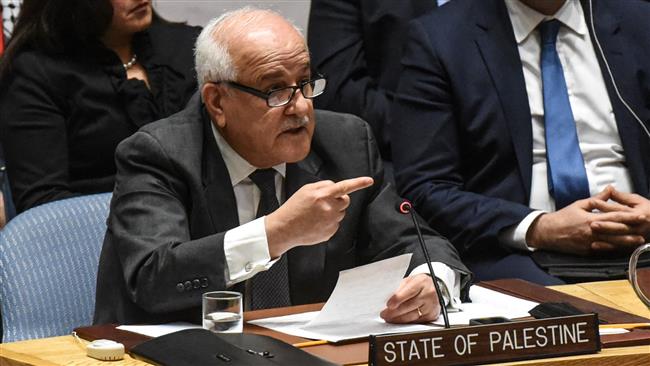
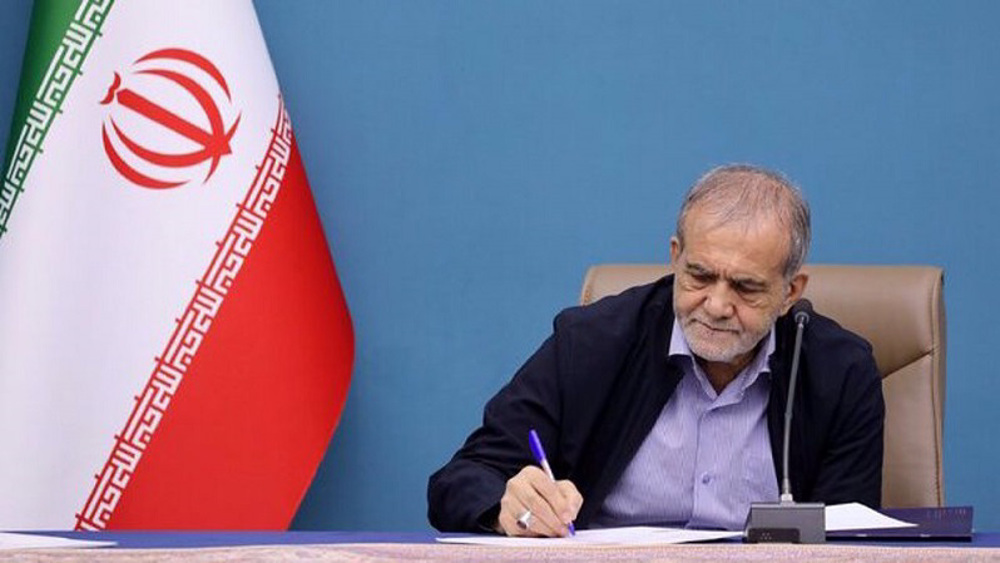





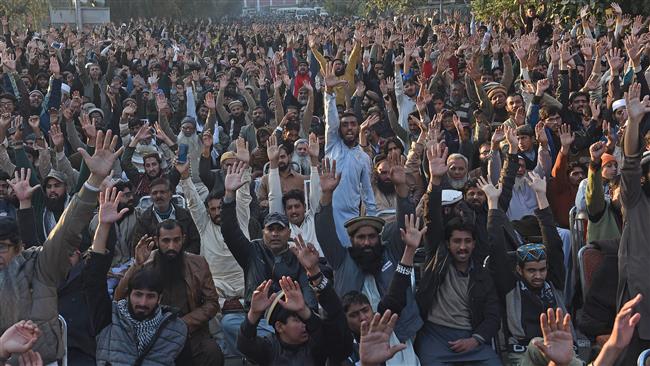
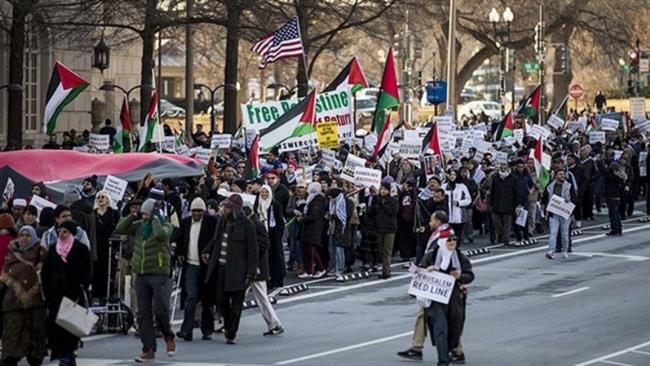
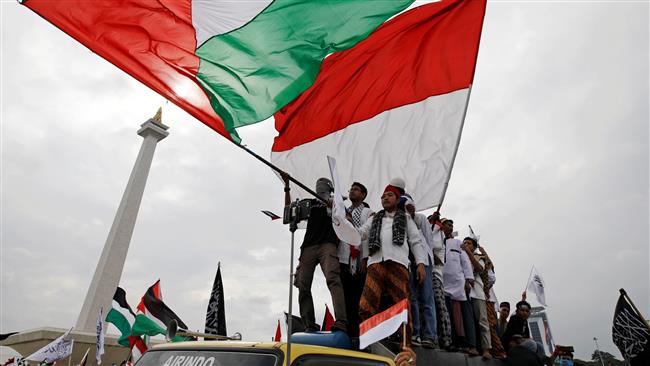
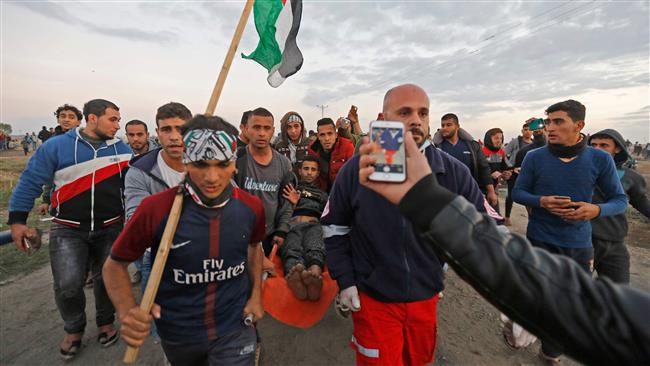
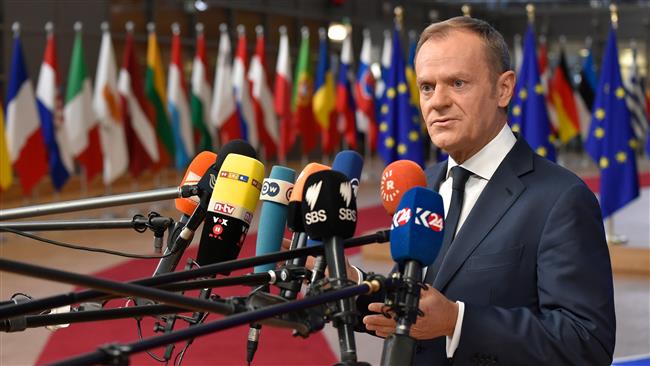
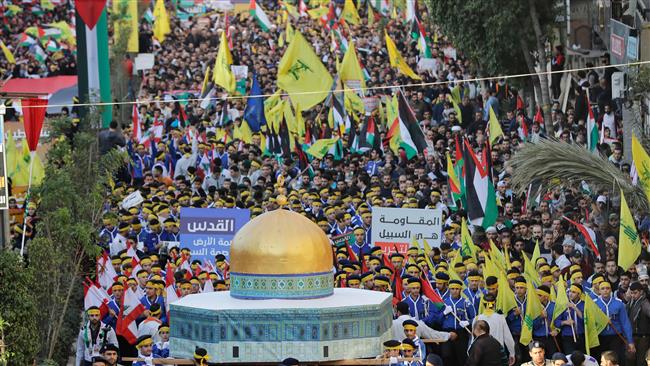
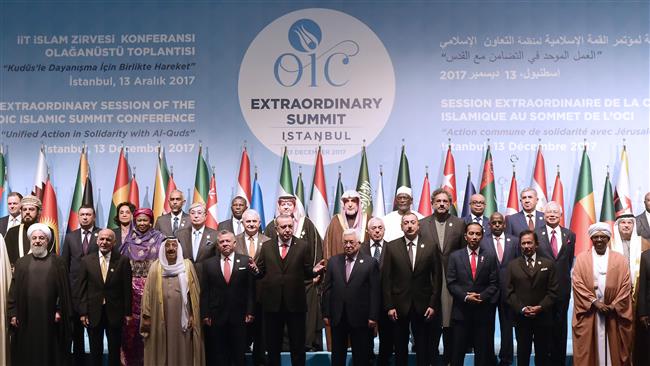
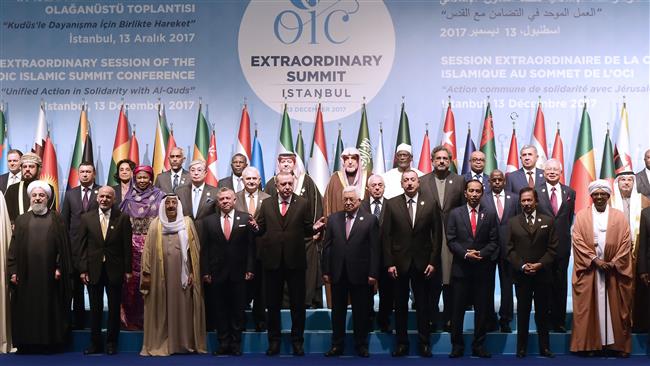
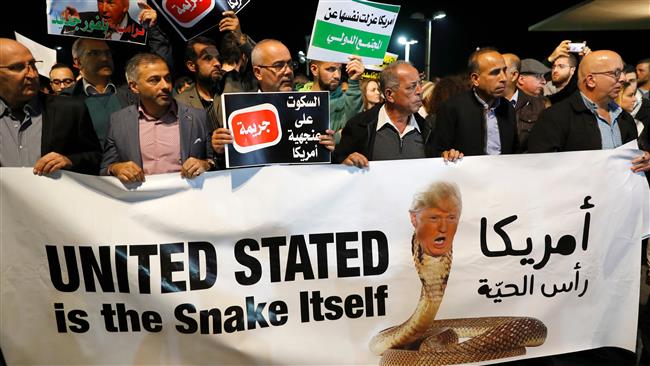

 This makes it easy to access the Press TV website
This makes it easy to access the Press TV website